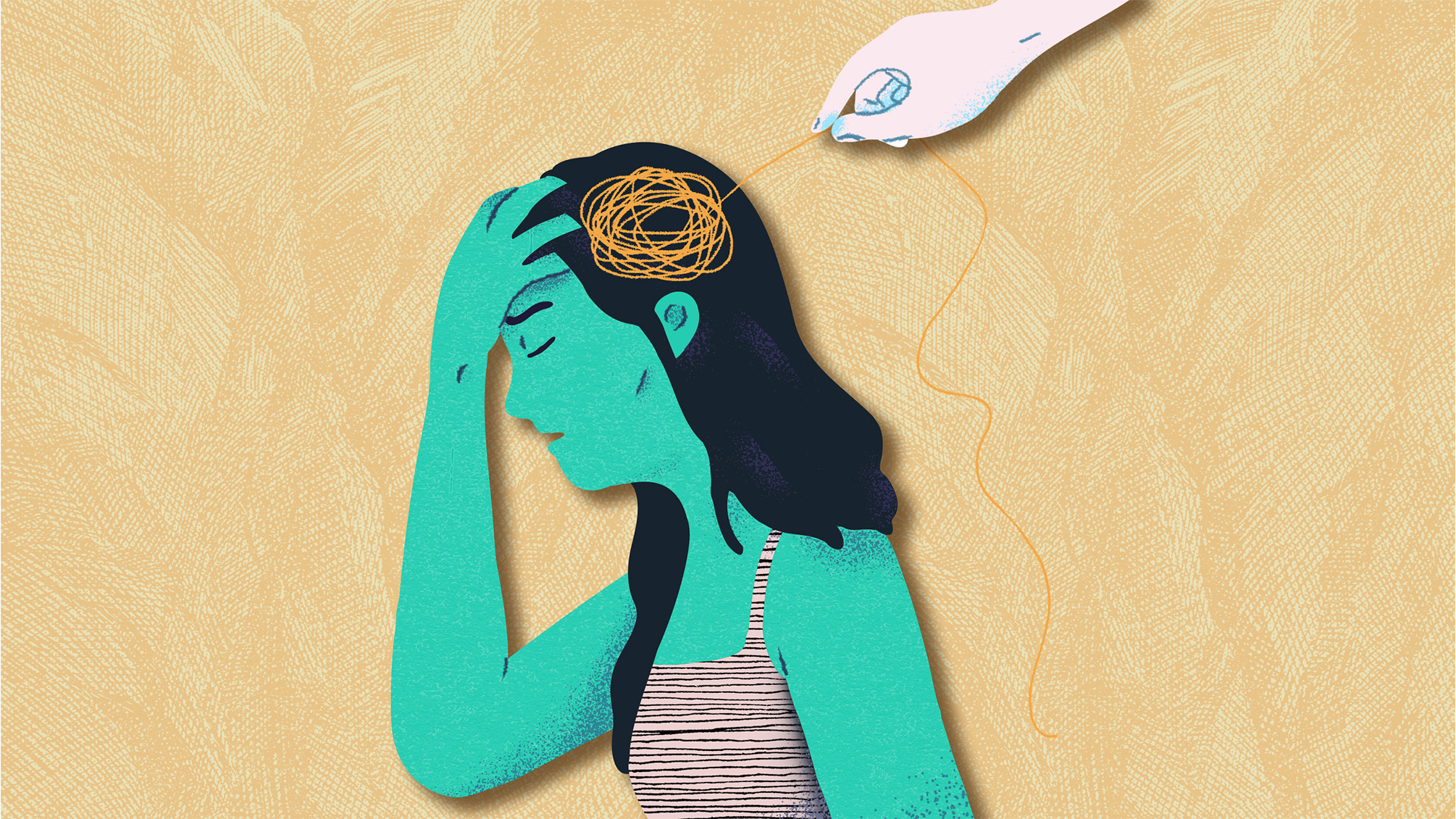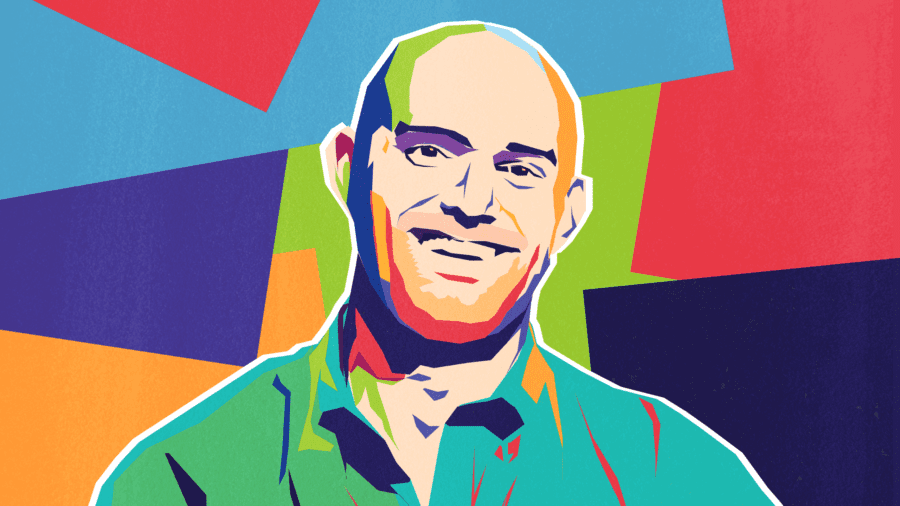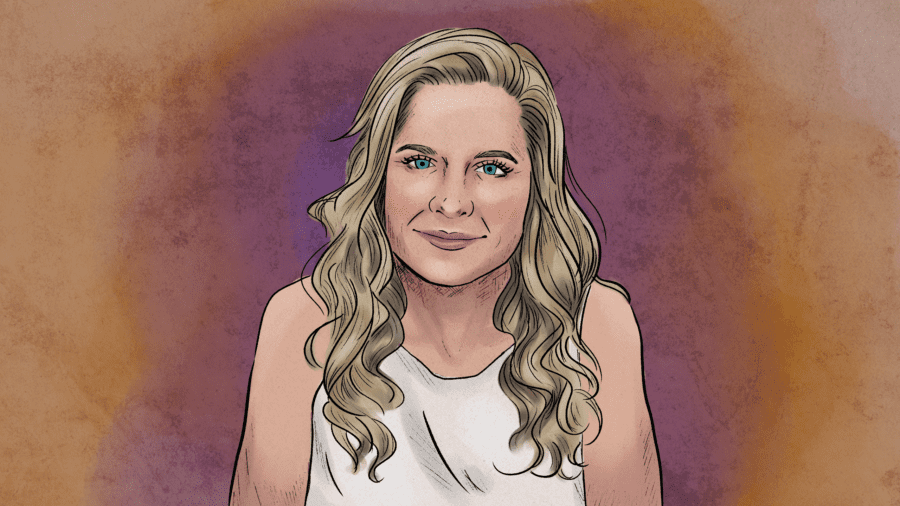
How to Choose Forgiveness Over Bitterness When You’ve Been Hurt
Have you ever been hurt by someone you trusted?
Most of us have, and it’s never fun. Being hurt by someone you care for is as devastating as it is difficult to overcome. You may feel like you can’t trust anyone anymore because they’ll end up hurting you too. You may find it harder to connect with people in new friendships or relationships because of this fear.
Unfortunately, being hurt by someone is a universal experience. It isn’t limited to the confines of a romantic relationship and can include friends, family members, or colleagues. How can you move past this feeling of bitterness after someone has hurt you? How can you move on and exist in the present without holding on to these negative feelings?
In this article, we’ll discuss a few ways that will help you to choose forgiveness over bitterness when someone has broken your trust. Keep in mind, everyone is different and we all process emotions differently. Understand what you need first and foremost, and proceed accordingly.
So You’ve Been Hurt — Where Do You Go from Here?
Once a loved one has broken your trust, you may feel like your whole world is crashing down.
Feeling betrayed can have lasting impacts on your mental health and your ability to maintain positive relationships in the future, so it’s important you address these painful feelings and work through them. If you don’t, they can fester and grow and lead to bitterness that touches every aspect of your life.
Allow Yourself to Feel Hurt
What’s your first instinct when someone hurts you? Everyone is different — some people cry, some get angry. Whatever your body needs to do to process the hurt, allow it to do that. Feel angry, feel hurt, feel sad. You must allow yourself to feel these things before you can move on.
A common mistake people make when they’ve been hurt is to push all those feelings aside and jump right back into their lives. Many people feel like they’re wasting time by self-pitying or feeling angry about their situation. It’s true that you can’t stay in this stage forever, but allowing yourself to feel hurt is the first step to moving towards forgiveness.

Keep in mind, however, that everyone will need different amounts of time to process these feelings. It may take you longer than others to get over the pain and that’s okay!
Determine What Kind of Anger You Feel
There are two types of anger we feel — constructive and destructive.
Constructive anger is a useful emotion because it pushes you to solve an issue in the moment that is making you angry. Think of it as a type of problem-solving. Destructive anger serves no purpose and is repetitive. Take account of your situation and determine if your anger will change the situation or if it will only lead to bad habits of repetitive anger. Once you make this distinction, you can move past this anger.
You Have to Want to Forgive
You’re never going to leave any bitterness behind if you’re holding on to it with white knuckles. Before you can begin any sort of process toward forgiveness, you should find a quiet space alone and determine whether or not you really want to forgive this person. If someone has hurt you beyond the ability to repair the relationship, you need to be aware of that.
Even if the relationship is beyond repair, it doesn’t mean you can’t forgive them, and it certainly doesn’t mean they are absolved of any wrongdoing. Rather, it’ll give you the insight you need to start the process. Ask yourself, “Is there space to move this relationship forward, and is it what’s best for me?”
Don’t Think You Are Condoning the Hurtful Behavior
Many people struggle with forgiveness because they see it as condoning the behavior of the person who put them in this situation in the first place. They think, if I let go of this anger, then I am saying, “what you did wasn’t really that bad, I just needed time to process.”
This is not true and will only lead to a place of deep bitterness down the road. Understand that by forgiving someone, you aren’t condoning their behavior. Rather, you are making an active choice to forgive this person in light of their choices because you are cleansing your heart. You are moving forward and forgiving this person even though they hurt you.
Join In 200 Million+ On The Journey to Greatness
Reduce Stress
If someone important to you has hurt you, you’re likely to feel stressed about the whole situation. This is normal, but it’s important to manage this stress to keep it from affecting your quality of life. Breathing techniques are a great way to force your body to destress.
A common technique many therapists use is called squared breathing. This process involves counting to 4 as you take a deep breath, holding that breath for another 4 seconds, and deeply exhaling while counting to 4 once again. Even when you feel overwhelmed, this technique may prove effective because it tricks your brain into calming down in an easy and totally natural process.
Remind Yourself Why You Love This Person
Almost all relationships require some form of forgiveness to maintain themselves. At some point along the road, you are likely to get offended or hurt by something a loved one says or does. In this case, it’s important to remember why you want to keep this person in your life.
Caveat — this in no way means sticking around if you’ve been mistreated or abused. It’s important that you know your worth and leave any situation that’s harmful to you.
In the event of a family member or friend accidentally hurting your feelings, take time to think about why this person is important to you and why they’re worth forgiving. Relationships are much harder to maintain and cultivate if you’re thinking about ways to get revenge on the person who wronged you.
Learn How to Set Boundaries
Setting boundaries is important for any relationship, but especially in the event of someone hurting you. This doesn’t mean blaming someone or playing the victim, but rather entails gentle boundary-setting by letting this person know what they did was not okay.
Ultimately, no one can set these boundaries but you. You know what you are and aren’t comfortable with, and you must let your loved ones know this as well. If they truly love you, this person will respect the boundaries you set going forward.
Change Your Story
Our brains are naturally wired to keep us out of harm’s way: physically and emotionally. Many times, our brains will create exaggerated scenarios in our heads that justify the intense feelings of betrayal resulting from the person’s offense.
So if you’re struggling to forgive a friend who never showed up to your birthday party 6 years ago, it may be a result of your brain creating an exaggerated scenario in your head. Try thinking of the situation from a different angle — maybe your friend was having a particularly difficult time that week and isn’t comfortable talking about it. This will allow you to move past your bitterness toward forgiveness.
Be a Hero, Not a Victim
Blaming your current distress on something that happened in the past is victimhood. Sure, an event that occurred in your past may have contributed to where you are now, but restructuring how you think about this will prove essential to letting go of bitterness.
For example, instead of thinking “my ex-partner left me for someone else, and they’re the reason I’m so depressed now,” try something like “my ex decided to leave me, and it was my unwillingness to seek help or use the resources I had to overcome that event which led me to where I am now.”
By viewing yourself as your own hero, you reinforce to yourself that you are the only person who can save you. Going forward, you will feel more equipped for any hardships you face because you will be more aware of your own resilience.
Either Tell Them or Don’t
Your forgiveness isn’t going to mean anything to the person who wronged you if they don’t understand what they did. They may be unaware of their actions’ effect on you, or they may just deny that they did anything wrong. It is important to let this person know exactly what they did and how it made you feel.
By just saying the words “I forgive you”, you’re implying that they did something wrong in the first place. Before you say the words, explain to them how everything happened from your point of view.
Forgiveness Is a Process, So Take Your Time
We’ve all felt bitter about something at some point in our lives. Feeling bitter does not mean you have done anything wrong or that you’re a bad person. It’s a natural response to feel angry after you’ve been hurt, and it’s even natural to want revenge to a certain extent.
How you approach and work through these emotions, however, will be the deciding factor on whether you lead the rest of your life. Teach yourself to choose forgiveness over bitterness — in time, this bitterness will turn into love.
Greatness Authors
Greatness Authors is a collection of writers, thinkers, curiosity experts, and students of the world who are committed to bringing you the most up-to-date, impactful, and inspiring information surrounding Greatness topics.

Redefining Poetry: How Instagram Sensation Rupi Kaur Showed That Poetry Is for Everyone

The 7 Best Vitamins to Naturally Promote Better, Uninterrupted Sleep According to Shawn Stevenson

The Science of Forming Healthy Habits & Letting Go of Bad Ones, According to Author James Clear

9 Signs You Have Imposter Syndrome at Work and How to Overcome Performance Insecurity

Olympian Yusra Mardini’s Incredible Story of Resilience, Rescue, and Refugee Rights











